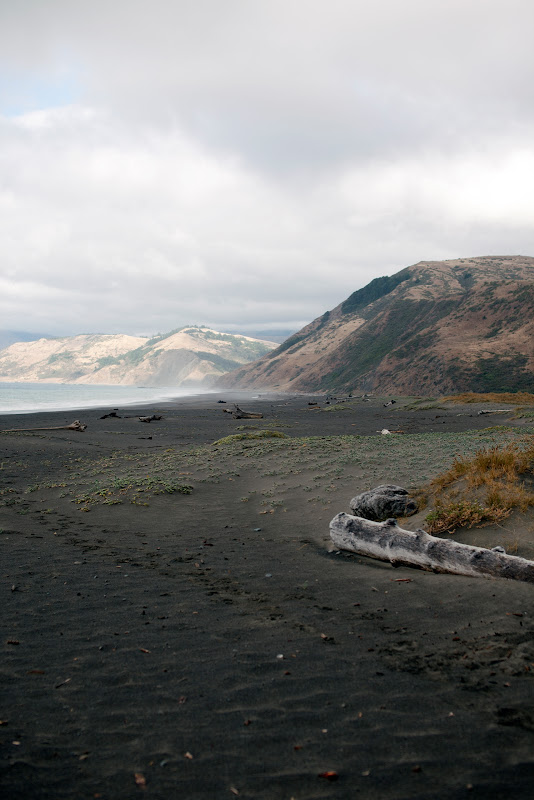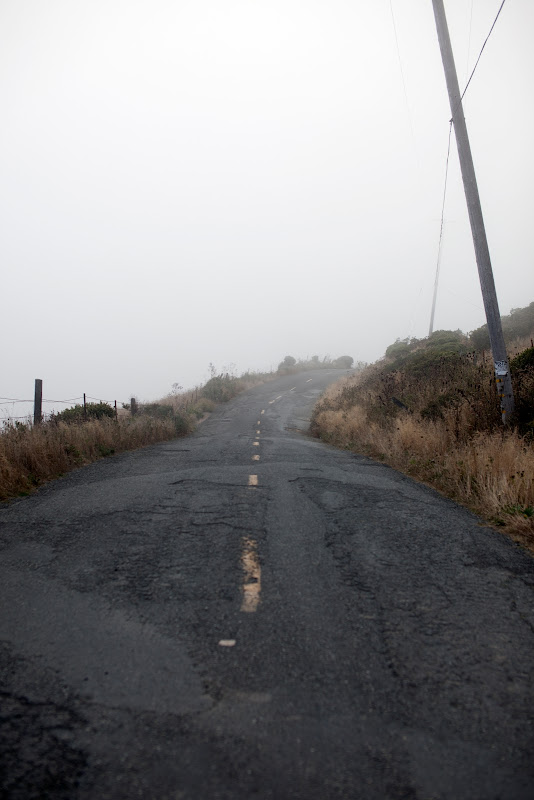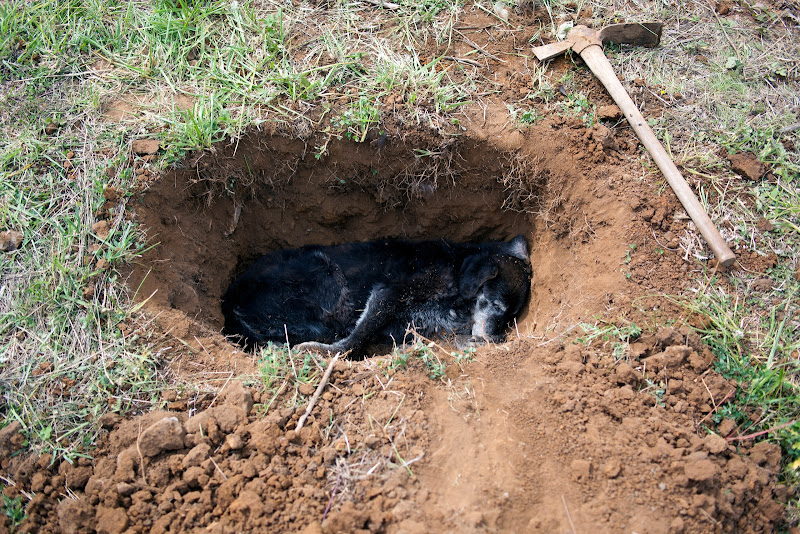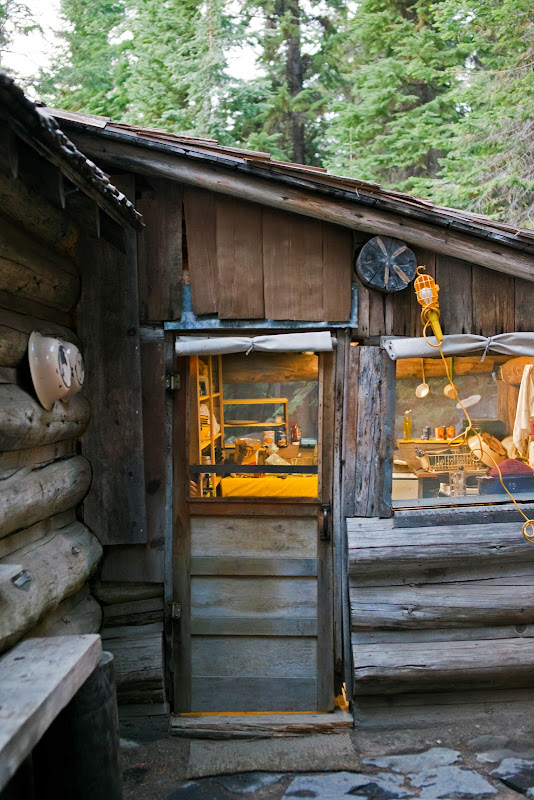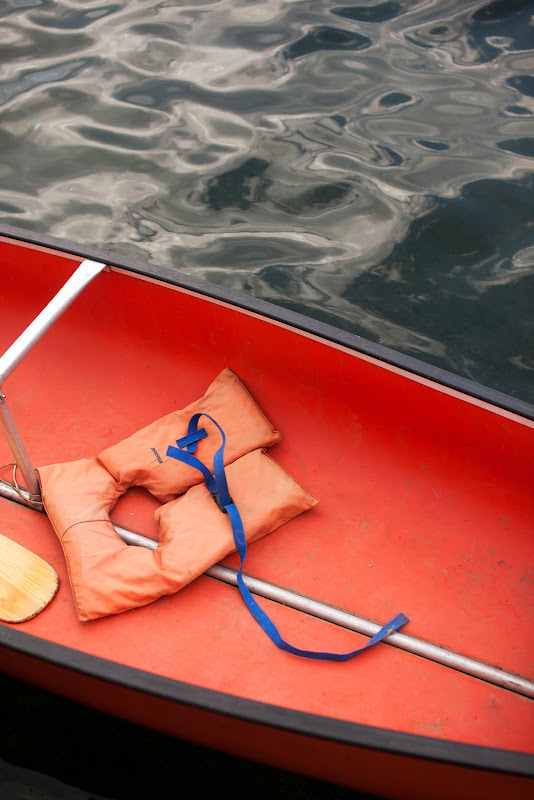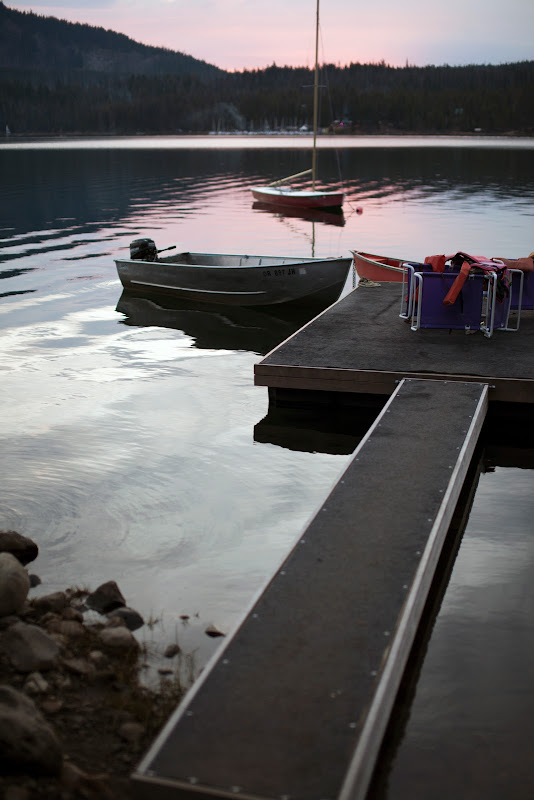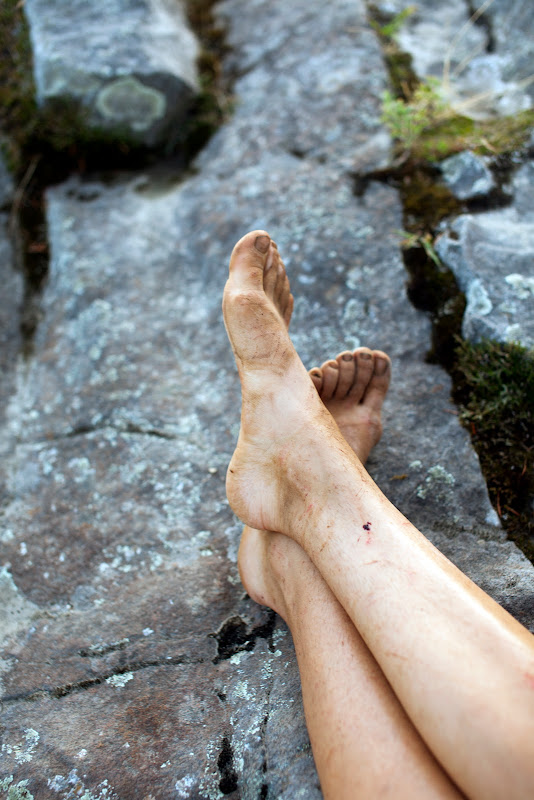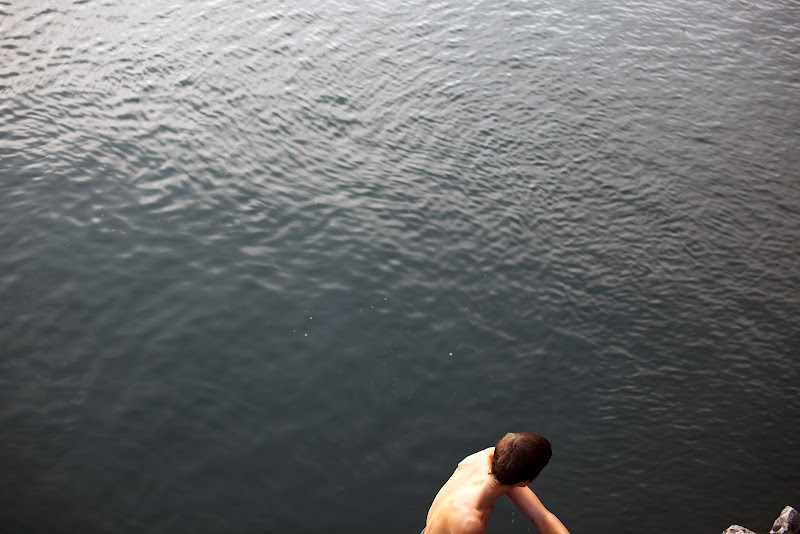The Lost Coast
/Two roads lead into an area of Northern California known as the Lost Coast. Matolle road snakes in from the north, leaving the small picturesque town of Ferndale and cutting through the region's infamous rugged hills. Turning off 101 and heading through the Redwoods, a filming location for Jurassic Park, Briceland Thorn road is the "mellow way in." Due to these vehicle constraints and constant erosion, roughly 50 miles of coastline and the surrounding hills have not been developed beyond the occasional house and ranch.
After driving through central Oregon with a quick stop at Elk Lake, Dan and I met up in Arcata and headed towards the Lost Coast. Despite its relative proximity to the Bay Area and the Northern California cities of Eureka and Arcata, the area remains unknown to most outside of the hippy, backpacking, and libertarian communities. At a gas station in Eureka, a little more than an hour north of the Lost Coast, an inquisitive clerk asked where we were headed with our "Bajaing Rig." "The Lost Coast," we respond, prompting a dumbfounding look on his face and another question, "Where is that." After a brief explanation, we topped off our tanks and headed south.
Crashing with a friend of Dan's in Petrolia, we spent three days surfing, exploring the rugged coast line and photographing locals for The Burning House Book. Think of Big Sur without route 1 and one road going in and out.
Anyone know what kind of cattle these are?
Dan in the distance observing the coast. No one for miles.
According to the 2010 census, roughly half of the residence in the largest town in the region, Petrolia, are off the grid. Harvesting solar in the summer and hydroelectric the rest of the year, people live an isolated, community based life. Because the nearest police station is an hour from town, people in Petrolia use a community based phone tree as opposed to 911. As for the economy, lets just say that a marijuana leaf graces one side of a Petol coin, the local currency.
Breakfast.
Travel magazine refers to the area as, "too lovely to be believed, perhaps too beautiful to last." Based on its remoteness and difficulty to navigate, I think it will be around for awhile. Its one of the wildest places I have been on the West Coast. I will be back soon.
Here are some more links,


